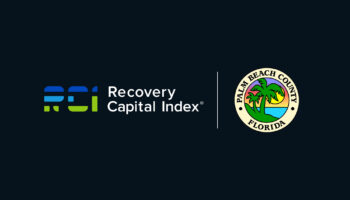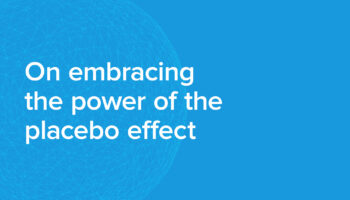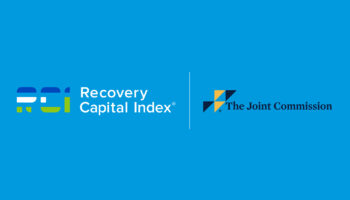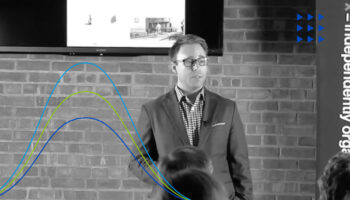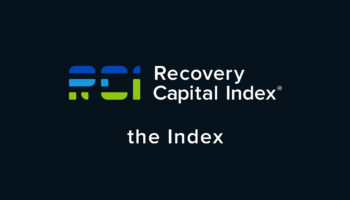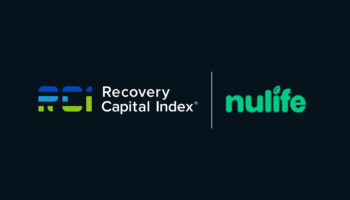Insights & Resources
The unity of all substance
Marcus Aurelius wrote that we should often meditate on the “interconnectedness and mutual interdependence of all things in the universe.”Here was a guy — a stoic philosopher and Roman emperor — writing and living in the second century and fully understanding that everything is connected.Push on one element of society or nature and another element of society and nature reacts.Aurelius says, “[A]ll things are mutually woven together and therefore have an affinity for each other — for one thing follows after another according to their tension of movement, their sympathetic stirrings, and the unity of all substance.”
Read More →By David
10/7/21
Everything is figureoutable
It has been a little while since I last wrote in this space. The reason is not for a lack of things to write about. The reason is that I have been sorting out the work of Commonly Well and the direction of the Recovery Capital Index. Starting a business and getting it out there is tough, even for seasoned veterans. Doing so in the middle of a global pandemic is doubling challenging. But, we are figuring it out.
Read More →By David
9/24/21
Why Palm Beach County Chose the Recovery Capital Index to Shift to Recovery-Oriented, Person-Centered Care
Palm Beach County Florida has been at the center of the opioid crisis for many years. In an effort to address the complex challenges of the opioid epidemic, the County initiated a comprehensive opioid response plan.With so many lives impacted by substance use disorder, County leaders and stakeholders knew they needed a more integrated and collaborative approach to care. They also recognized that outcomes data needed to be unified across all agencies, more recovery-oriented, and representing the full recovery experience.
Read More →By David
7/8/21
On embracing the power of the placebo effect
Care for addiction and the recovery supports that follow need more alchemy. More magic.What would happen if a little more creativity was applied? What if we better understood and more effectively applied psychological or placebo effects to attain desired outcomes?
Read More →By David
7/8/21
16 years of magic
Today marks 16 years since having my last alcoholic drink. 16 years sober — I suppose. I used to do harder drugs but stopped using those maybe 17 years ago. I frankly don’t remember the day. The last day I drank was quite unremarkable. In fact, no one around me knew that I was actually violating probation by drinking. My mind was not made up yet.
Read More →By David
7/3/21
RCI Added to Joint Commission Behavioral Healthcare Instrument List
The Recovery Capital Index® has been approved by the Joint Commission and added to their Behavioral Healthcare Instrument list. The Joint Commission is a leading accreditation body for healthcare and behavioral healthcare facilities and practices. By including the RCI on their instrument list, these providers and organizations can trust the use of the RCI as a validated instrument for measuring and tracking outcomes.
Read More →By David
5/20/21
On understanding the problem
We are not well. By any measure, our society in the U.S. is broken. This is a hard truth, but it is the truth. Economically, we’re stagnant. Specifically, wage growth. There is none. Socially, we’re retreating. Specially, we’ve fallen nine spots on the Social Progress Index over the last 10 years. As an optimist, I am not paralyzed by this truth. Instead, it’s fuel for seeking a path forward.
Read More →By David
4/4/21
Determining the signal and the noise
Issue — #4The other day, I was visiting with someone who was curious about the Recovery Capital Index. They started telling me about noise versus signal and that the only signal of meaning was consumption of alcohol and drugs. Everything else was noise. I waited, respectfully, as long as I could and said, “You just called life, noise.” Seems like that call did not go very well, but on the contrary.
Read More →By David
4/2/21
Experiencing the whole ecosystem of good
When is a haircut at a local barbershop more than just a haircut?The correct answer is: all the time.But especially when that haircut takes place a year after the beginning of a global pandemic that stopped most activities that connected us in our community.Our wellbeing does not live in a personal silo. Although we must think and act at a very individual level, deep and intense social connectivity help us transcend.
Read More →By David
3/28/21
You and your friends affect the recovery capital of others
ISSUE #3 — The IndexHow often do you consider the affect on others when you change your normal behavior or behavior that comports to a social norm?I am almost always thinking about and observing human behavior. Although, there are times I get distracted and do things that disrupt positive behavioral flow. It's quite annoying when I realize it later – but imagine what it's like for those disrupted?How we take care of ourselves and the routines we follow, have considerable affect on those around us.
Read More →By David
3/25/21
Connecting poor nutrition and low recovery capital
ISSUE #2 — The IndexLast week, I read a story about a company in Sweden that is placing unstaffed, mini supermarkets in rural communities around the country. These supermarkets are essentially the size of mobile home or a couple shipping containers. They include the basics but also high-quality produce, organics, and non-processed foods. The shops are appearing in communities where the only grocery or convenience stores have closed because of falling profits and residents leaving for bigger cities. What makes these shops work in the rural communities is that they are unstaffed. Shoppers use a mobile app to scan and pay for what they take from the shop. Suppliers stock the shops, which is choreographed by the data collected and analyzed. WHAT DOES AN UNSTAFFED, TECH-ENABLED, SHIPPING CONTAINER SHOP IN SWEDEN HAVE TO DO WITH RECOVERY CAPITAL?
Read More →By David
3/18/21
NEWS: RCI to support coordinated digital recovery with NuLife virtual
Commonly Well is partnering with NuLife Virtual to enhance care provider’s ability to connect clients to high-quality care, maintain long-term continuous support, and measure change. NuLife Virtual is a leader in technology-assisted, addiction and mental health recovery management for enterprise providers and their clients. This collaboration will integrate the Recovery Capital Index® (RCI) from Commonly Well, an industry leading and scientifically validated social determinants and wellbeing assessment.
Read More →By David
3/17/21


